Newsdesk Archive

The oddly coherent motion of small satellite galaxies is challenging our accepted model of the universe.

New research suggests that psychedelics may be a viable treatment option for those suffering from race-based trauma.

Northern hemisphere skywatchers can search for the planet this month as it rises higher each night.
Image from: Brocken Inaglory (Wiki Commons)
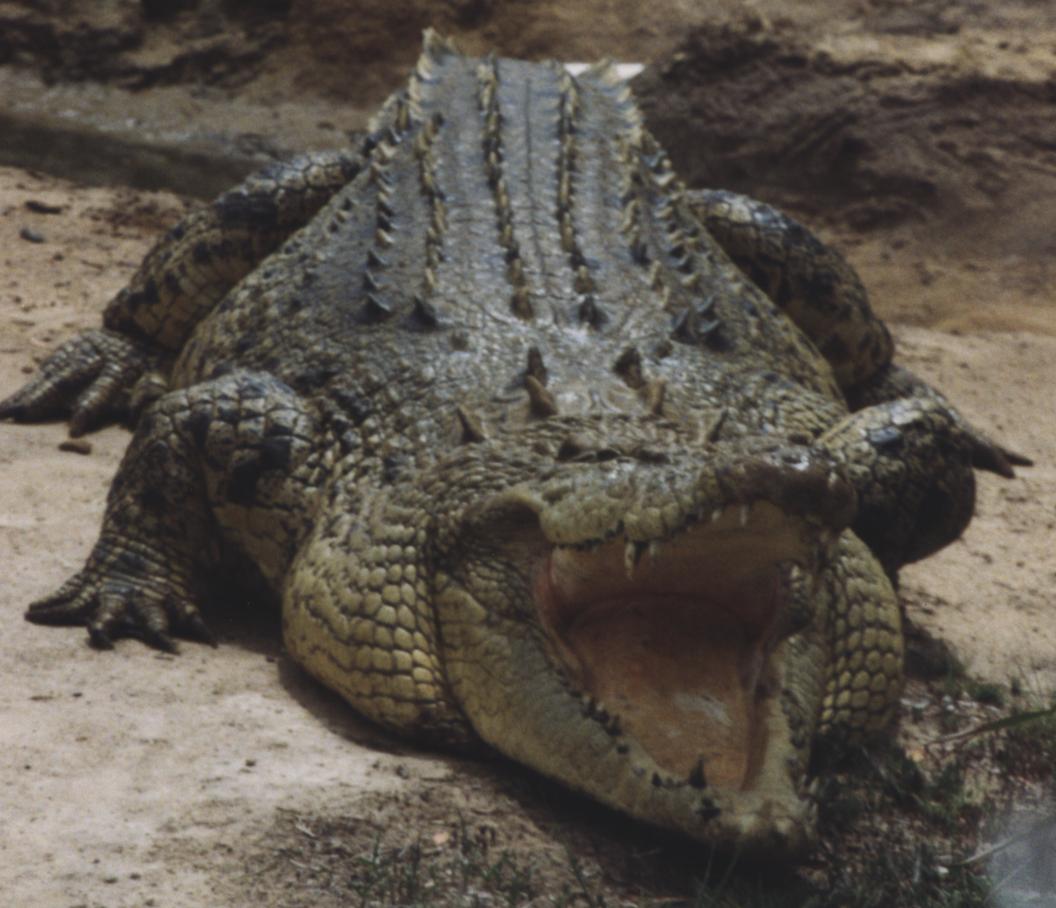
Having survived the meteor impact that wiped out the dinosaurs millions of years ago, crocodiles are one of the most resilient animals on Earth.

The Amarna Letters preserve an inside look at Egyptian diplomacy, revealing how power brokers maneuvered, alliances were forged, and pharaohs were flattered.
Image from: en:Amarna letters (Wiki Commons)

Isolated in the heart of the Amazon, Dario Kopenawa Yanomami’s father is working with shamans and the spirits of the forest to weaken the xawara, the word Brazil’s indigenous Yanomami community uses for epidemics brought in by outsiders.
Image from: NASA (Wiki Commons)

Many botanists dispute idea of plant sentience, but study of climbing beans sows seed of doubt.

Want to know whether an ancient Sogdian smoked cannabis or a Viking got high on henbane? A new method, which analyzes drug residue in the tartar of teeth, may soon be able to tell.
Image from: Metju12. (Wiki Commons)

One of the most remarkable “sixth” senses in the animal kingdom is magnetoreception – the ability to detect magnetic fields – but exactly how it works remains a mystery.
Image from: BanduG (Wiki Commons)
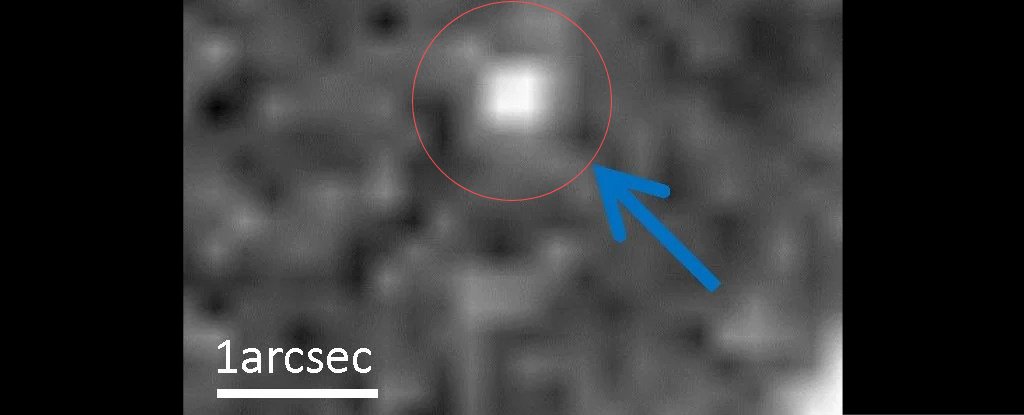
Since time immemorial, philosophers and scholars have contemplated the beginning of time and even tried to determine when all things began.
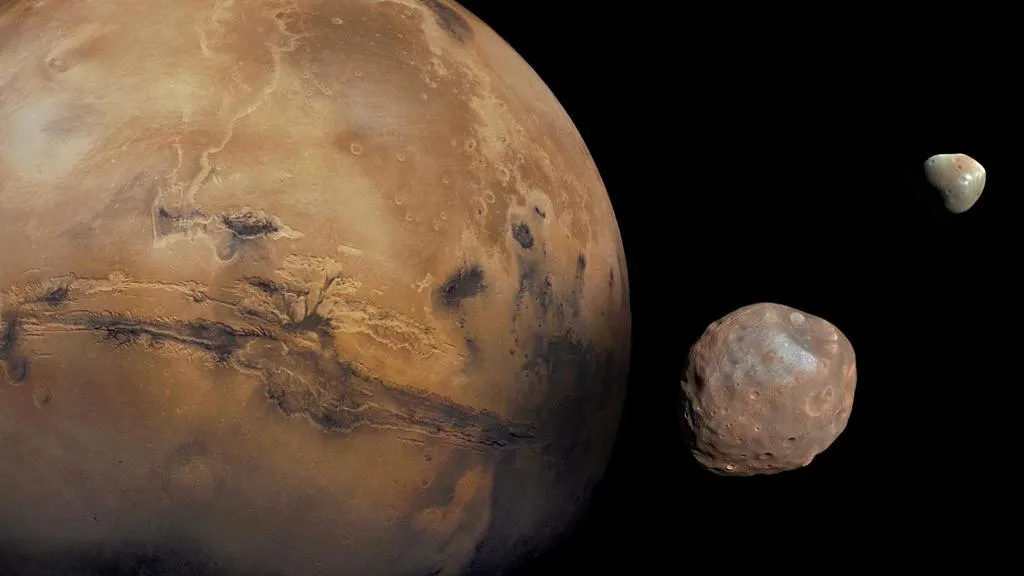
The Red Planet is wiggling and wobbling as it spins, research in the journal Geophysical Research Letters confirms, and astronomers have no idea why.
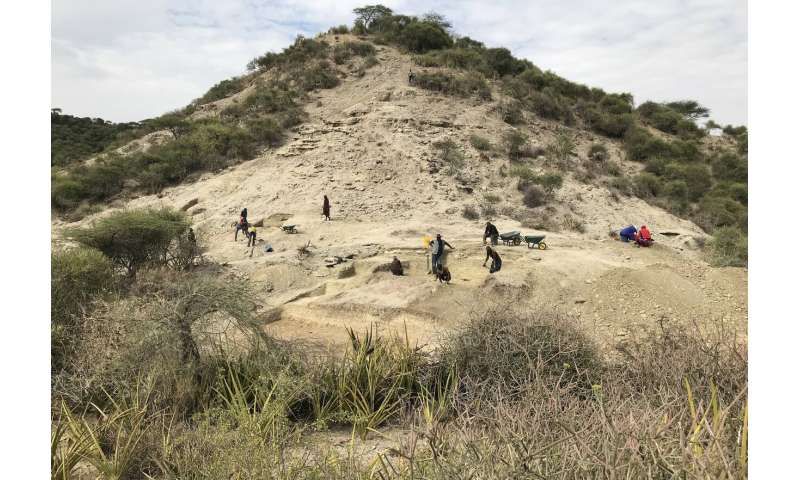
New interdisciplinary field work has led to the discovery of the oldest archaeological site in Oldupai Gorge as reported in Nature Communications, which shows that early humans used a wide diversity of habitats amidst environmental changes across a 200,000 year-long period.

Ancient people brought the plague to Siberia by about 4,400 years ago, which may have led to collapses in the population there, a new genetic analysis suggests.

Cutting-edge methods from machine learning could help scientists better understand the visual experiences induced by psychedelic drugs such as dimethyltryptamine (DMT), according to a new article published in the scientific journal Neuroscience of Consciousness.
Image from: Martin420 (Wiki Commons)

New collaborative work at an Aboriginal cave in eastern Victoria, published today, shows the stark difference between contemporary archaeological research and that conducted in the 1970s.
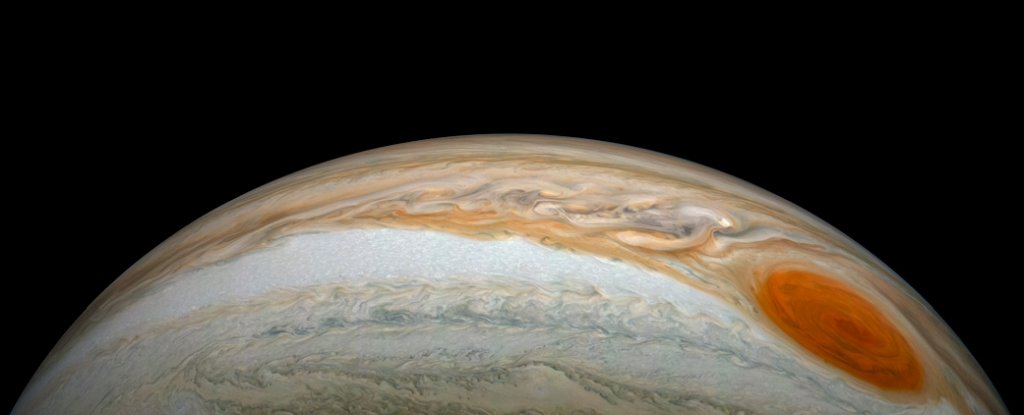
The smallest known main-sequence star in the Milky Way galaxy is a real pixie of a thing.
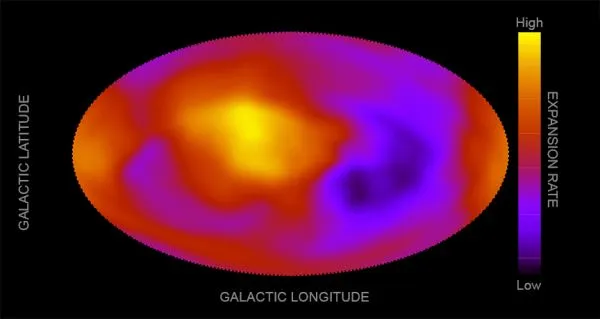
Maybe we shouldn't put all of our dark-energy eggs in one basket.

Abraham (Avi) Loeb led Harvard’s astronomy department for longer than anyone in history (from 2011-2020) and now he’s doubling down on what could easily be his most important and controversial hypothesis from that period.
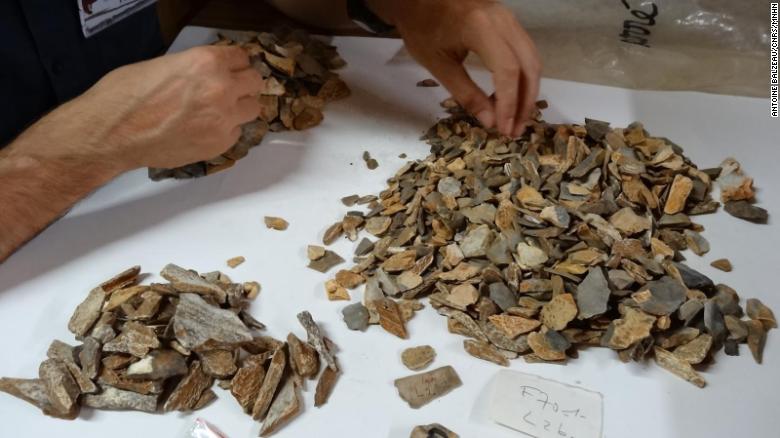
A new analysis of a 41,000 year-old skeleton of a Neanderthal child, found in a French cave in the 1970s, provides fresh evidence that the Stone Age hominins intentionally buried their dead.
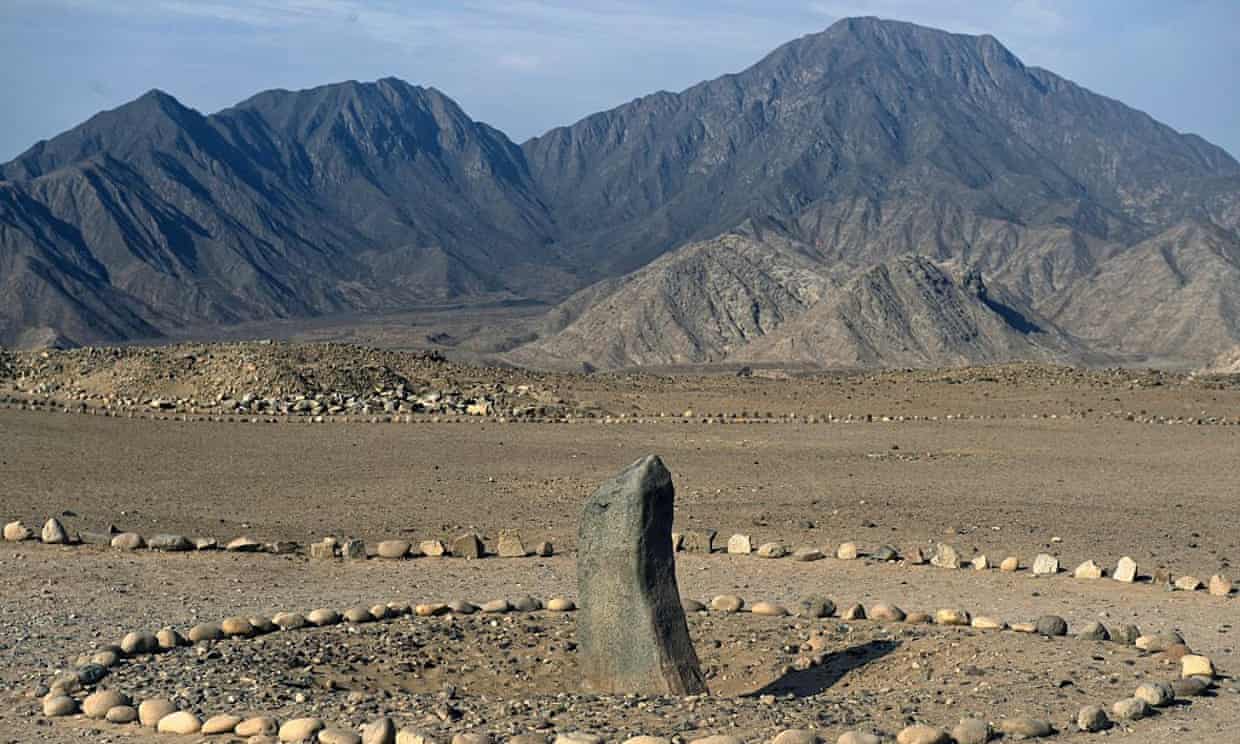
Squatters reportedly belonging to one family claim site of 5,000 year-old ruins was given to them in the 1970s.

When the biologist Andrew Steele tells people his thoughts on ageing – that we might one day cure it as if it were any other disease – they are often incredulous and sometimes hostile.

Our modern understanding of monotheism is more recent than the religions it describes.

Since temps immémorial, the question, "How does human consciousness work?" has intrigued philosophers, poets, playwrights, anaesthesiologists, brain scientists, songwriters, and people from all walks of life who are inclined to think about their thinking.
Image from: SunOfErat (Wiki Commons)

State completes the legal process four years ahead of 2025 deadline.
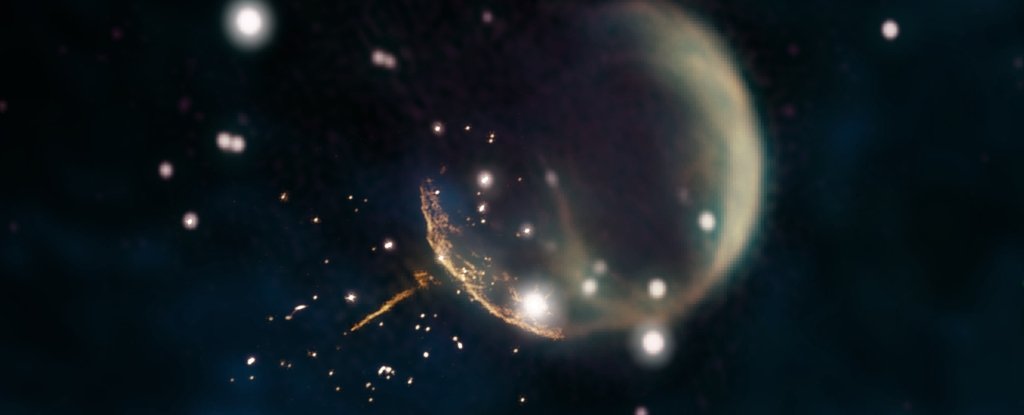
You know how stars do. They're out there, doing their thing, fusing a whole bunch of hydrogen into helium, shining up the joint.

How life originated on Earth continues to fascinate scientists, but it's not easy peering back billions of years into the past. Now, evidence is growing for a relatively new hypothesis of how life began: with a very precise mix of RNA and DNA.

There's a giant asteroid somewhere out in the solar system, and it hurled a big rock at Earth. The evidence for this mystery space rock comes from a diamond-studded meteor that exploded over Sudan in 2008.

Paleo-tsunami may be the reason previous archaeological surveys found no evidence for low-lying coastal villages in the area over a 4000 year period.
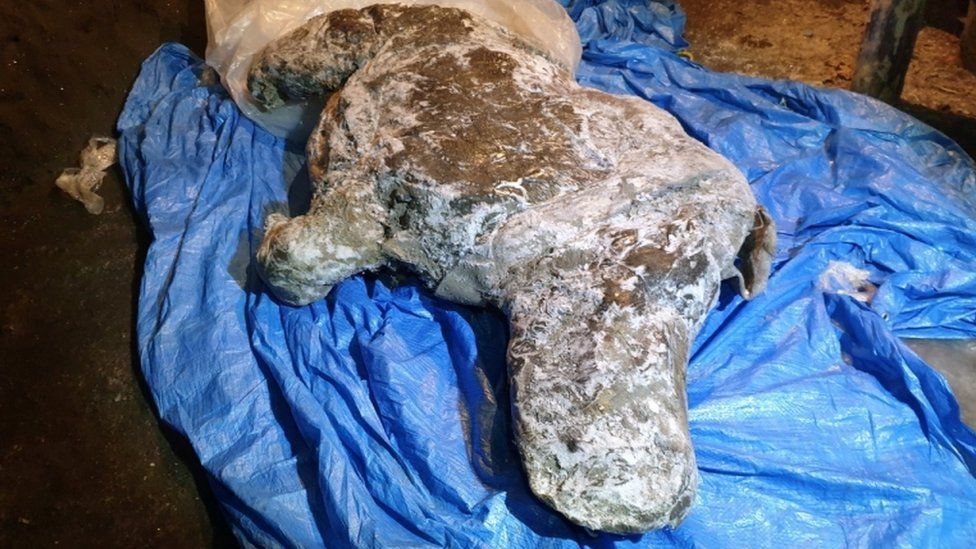
The remarkably preserved carcass of an Ice Age-era woolly rhino has been unearthed by locals in eastern Siberia, researchers have said.

Everyone knows the Great Pyramid of Giza. Towering over the edge of the Western Desert, it’s perhaps the best known of the handful of monuments at Egypt’s Giza Necropolis. But about 10 miles south of the largest pyramid in the world lies another, much smaller one, decades older than any of the Giza pyramids.
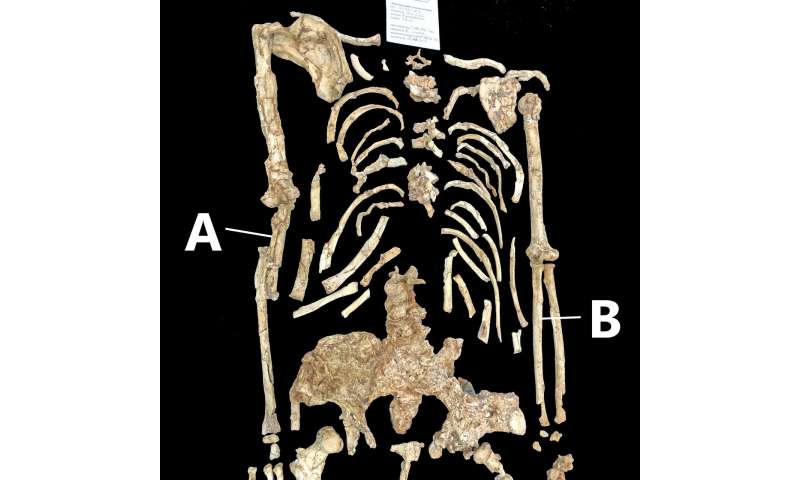
The 3.67-million-year-old StW 573 ("Little Foot") Australopithecus from Sterkfontein, South Africa, is the most complete skeleton known in the hominin fossil record.
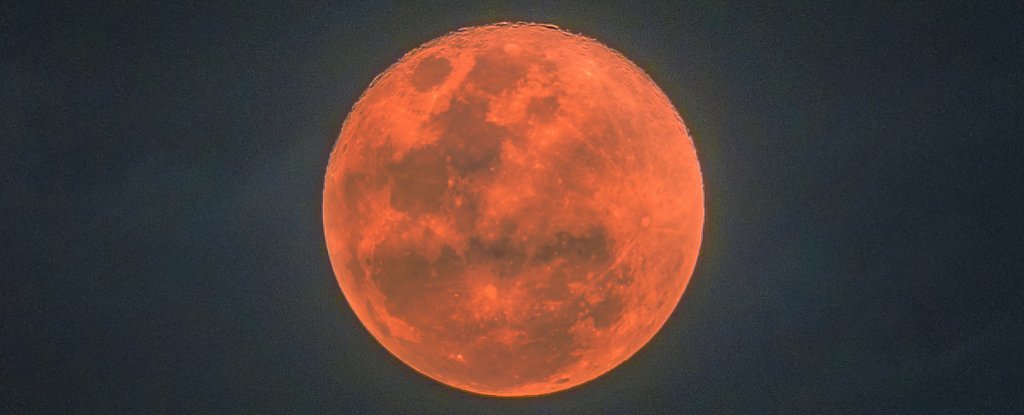
Almost a millennium ago, a major upheaval occurred in Earth's atmosphere: a giant cloud of sulphur-rich particles flowed throughout the stratosphere, turning skies dark for months or even years, before ultimately falling down to Earth.
:focal(450x247:451x248)/https://public-media.si-cdn.com/filer/b4/22/b4223489-6c4b-406b-8001-f365dafe62e8/archaic_age.png)
New study suggests a group of migrants almost totally replaced the islands’ original population.
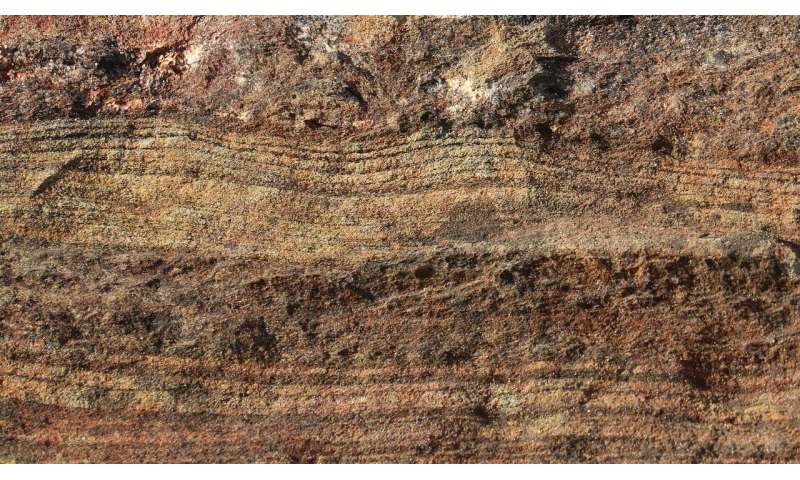
Archeologists from Kemerovo State University are exploring the Tepsei site of Minusinsk Basin, located in Krasnoturansky district (Krasnoyarsk region).

The winter sky in the northern hemisphere is filled with delights. This week search out the brightest star in the night sky, and from there explore that star’s parent constellation of Canis Major, the greater dog.
Image from: http://www.spacetelescope.org/images/heic0516a/ (Wiki Commons)

A US state decriminalised drugs, the UN admitted cannabis can be good for you and Colombia discussed buying up its entire cocaine harvest. It’s been a momentous year for drug liberalisation.

Almost five years of studying the deep Atlantic in unprecedented detail has revealed 12 species new to science.

New research suggests that electrophysiological brain signals associated with neural plasticity could help explain the rapid, antidepressant effects of the drug ketamine. The findings, European Neuropsychopharmacology, indicate that ketamine could reverse insensitivity to prediction error in depression.
Image from Martin420 (Wiki Commons)

Imagine opening the weekend paper and looking through the puzzle pages for the Sudoku. You spend your morning working through this logic puzzle, only to realise by the last few squares there's no consistent way to finish it.
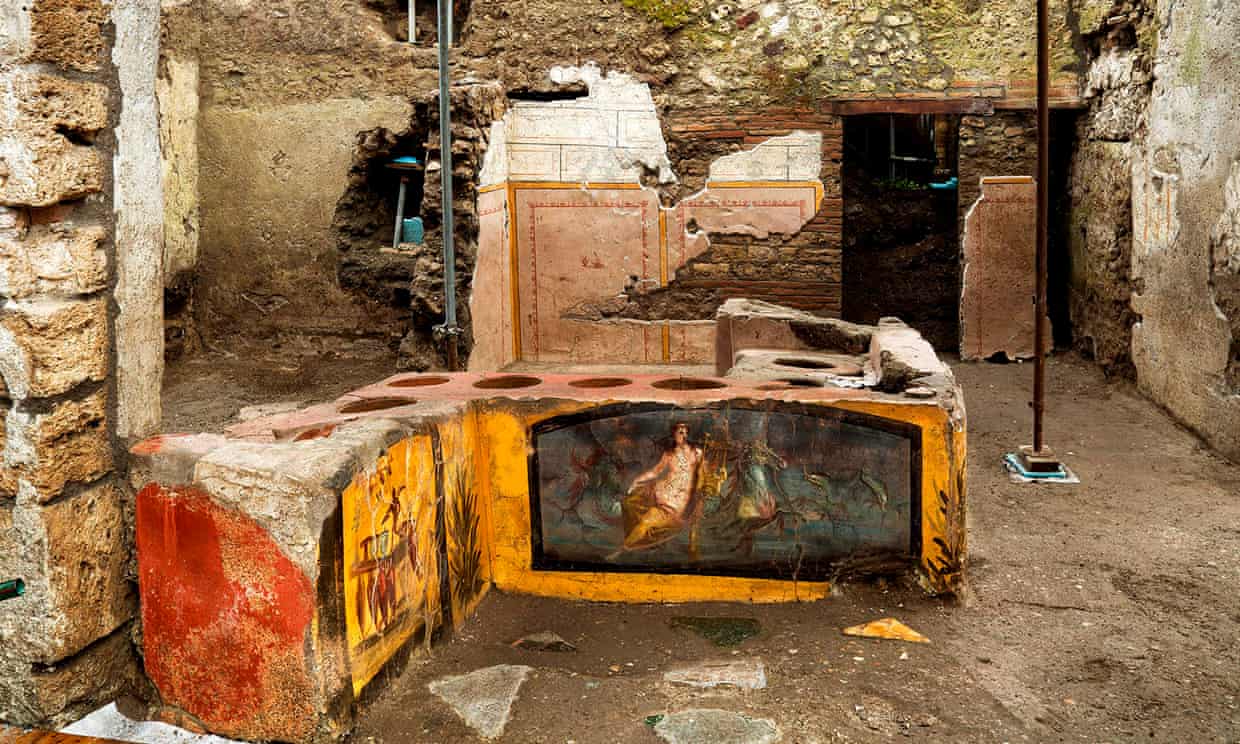
Researchers said on Saturday they had discovered a frescoed thermopoliumor fast-food counter in an exceptional state of preservation in Pompeii.

Picture yourself shaking up a snow globe and watching what unfolds inside. Things might look chaotic and distorted at first, but as things start to settle, a clear view of a picturesque scene emerges.

Analysis of teeth from the Bronze and Iron Ages indicates very early globalization: More than 3,500 years ago, people in today’s Israel ate goods from the Far East.
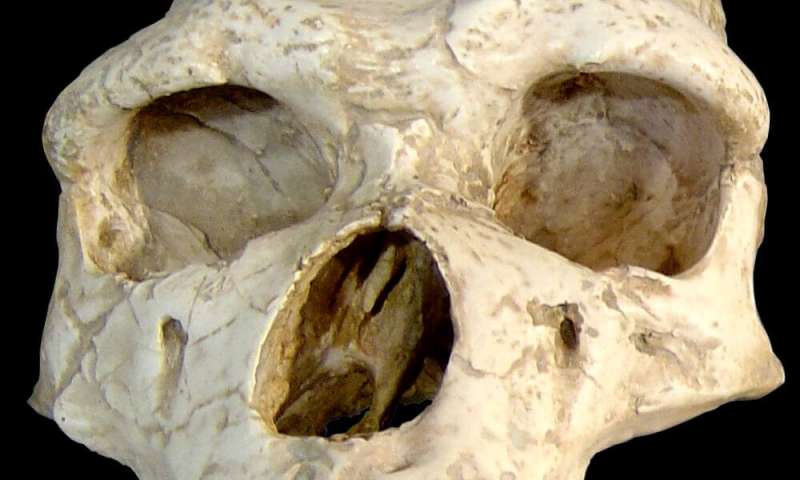
This September, Pääbo and colleague Hugo Zeberg announced that the major genetic risk factor for severe COVID-19 is inherited from Neanderthals.

New genetic data from ancient bones suggests a wave of South American seafarers wreaked havoc on Caribbean islanders.
Image from:Freshwater and Marine Image Bank(Wiki Commons)
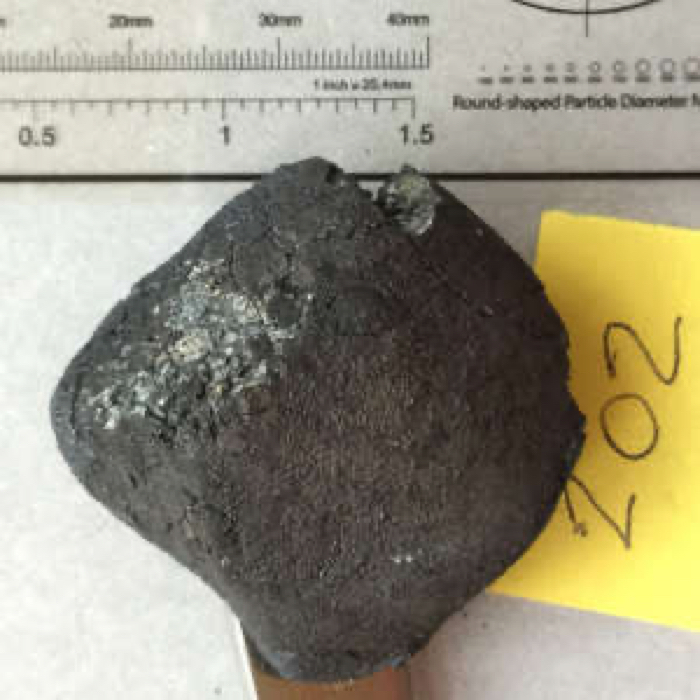
Ever since, the splinters of that asteroid – called 2008 TC3 – have been analysed by researchers, looking for chemical clues to the origins of this mysterious, far-flung visitor. Now, a new study fleshes out that intriguing back-story.
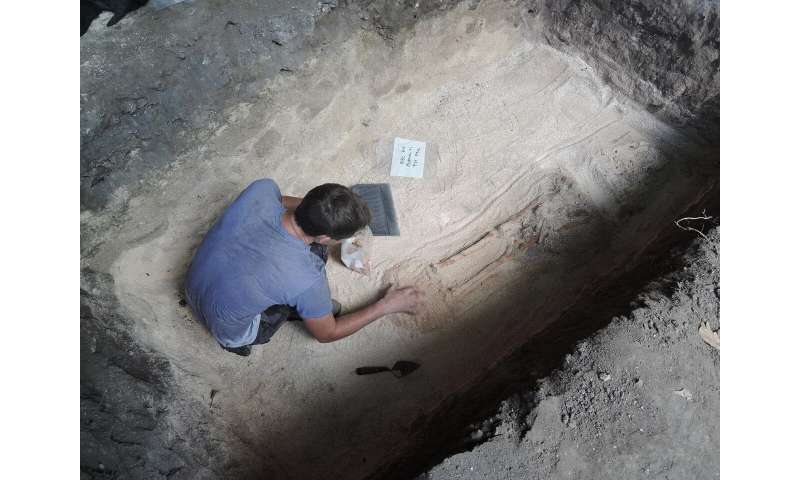
To reach the Mariana Islands in the Western Pacific, humans crossed more than 2,000 kilometers of open ocean, and around 2,000 years earlier than any other sea travel over an equally long distance.

The preserved pup is helping researchers understand how wolves migrated across Europe, Asia, and North America.
Image from: http://www.nps.gov (Wiki Commons)
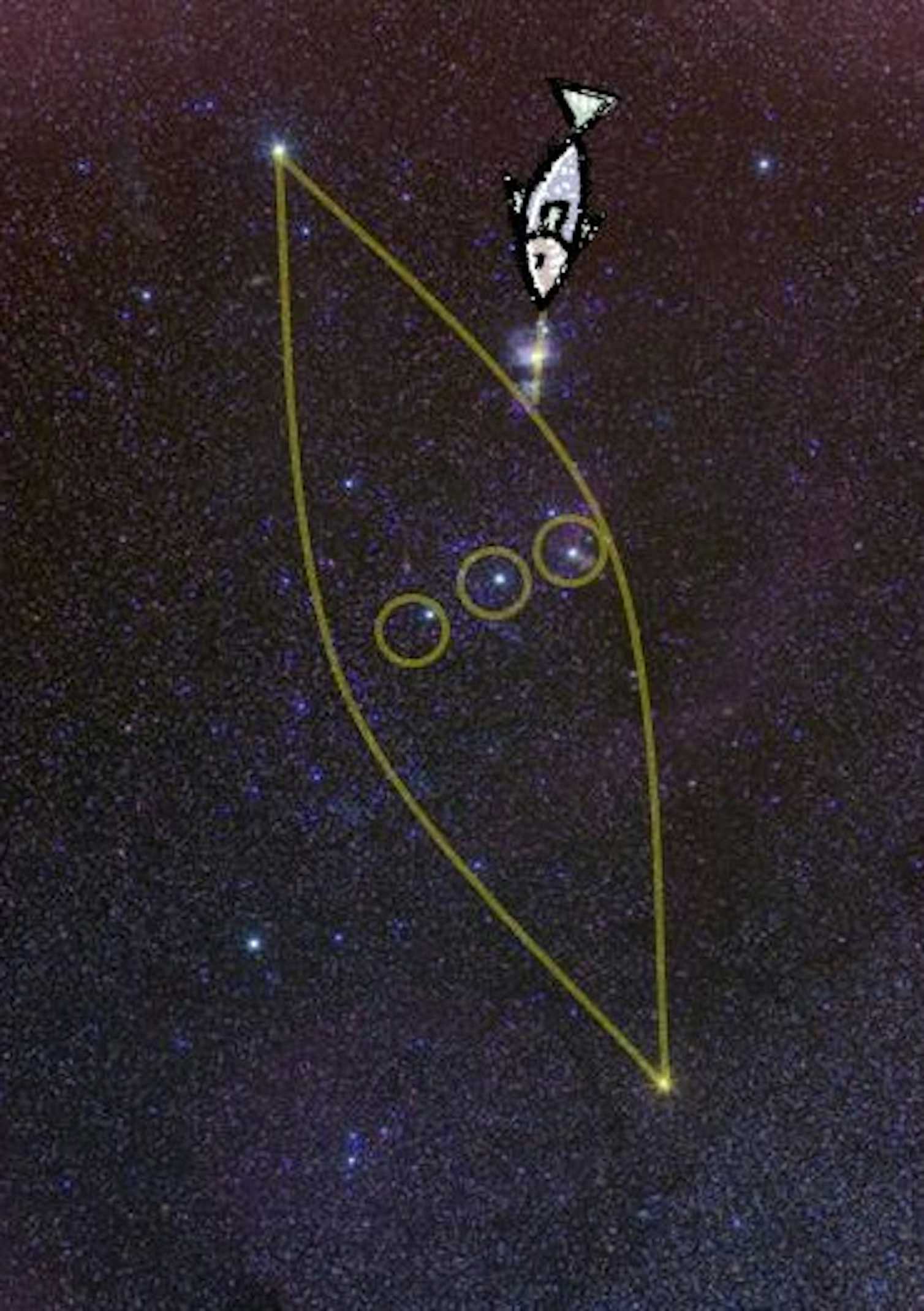
In the northern sky in December is a beautiful cluster of stars known as the Pleiades, or the “seven sisters”. Look carefully and you will probably count six stars. So why do we say there are seven of them?
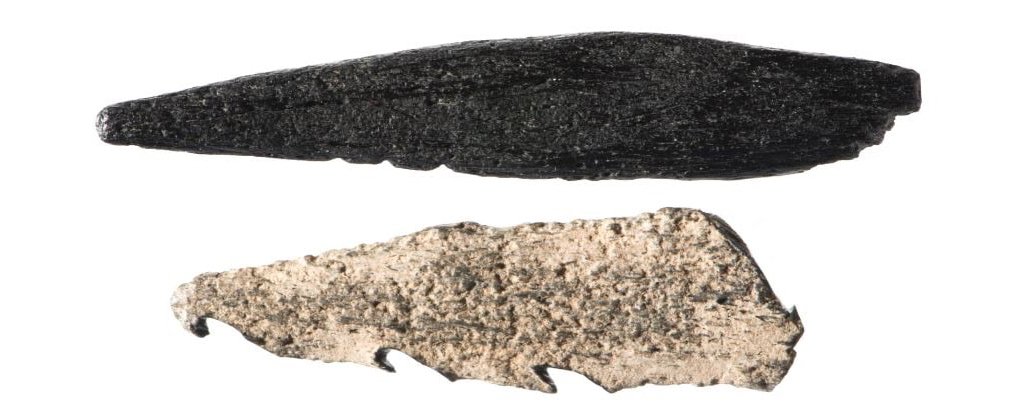
In the ancient past, Europe was a very different place – once upon a time, Britain was yet tethered to the European continent.
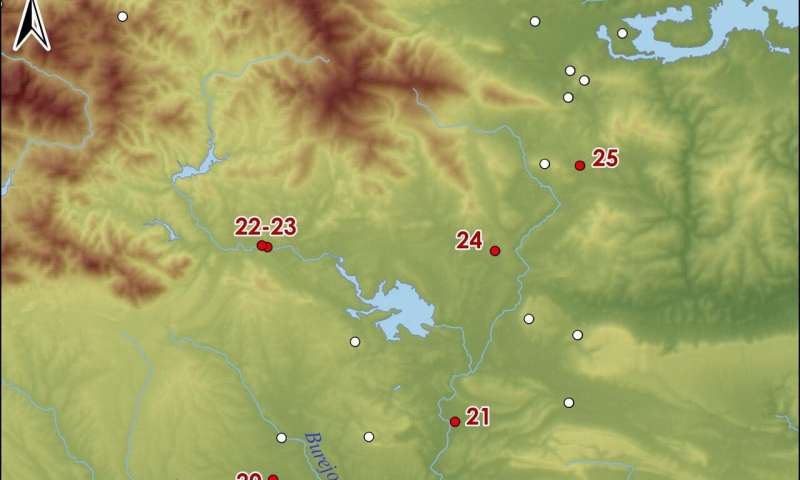
Analysis of the 66 camps shows the Roman army had a larger presence in the region than previously thought during the 200-year battle to conquer the Iberian Peninsula.

Cannabis policy is undergoing a global revolution. Around the world, laws are changing.
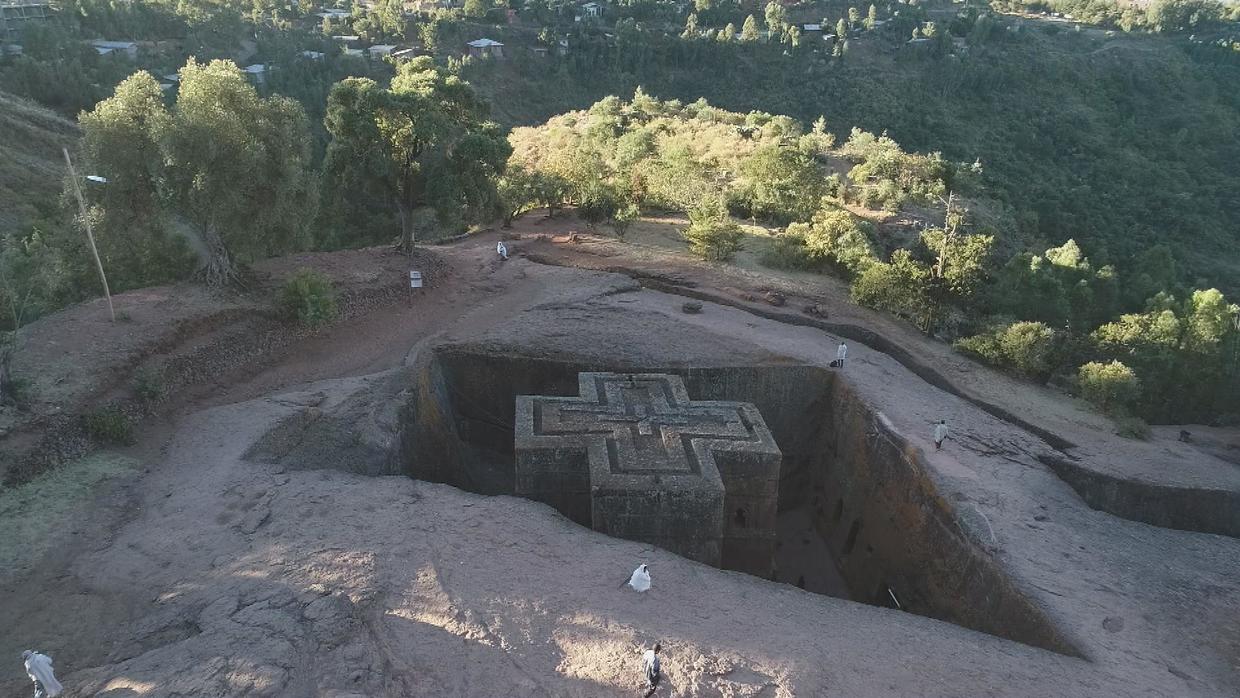
In the northern highlands of Ethiopia stand 11 churches that the Ethiopian Orthodox Church says were built by angels.

I've been a psychiatrist for 15 years, and I have long recognized that there is a significant percentage of patients for whom we have never been able to offer meaningful relief.
Image from: https://pixabay.com(Wiki Commons)
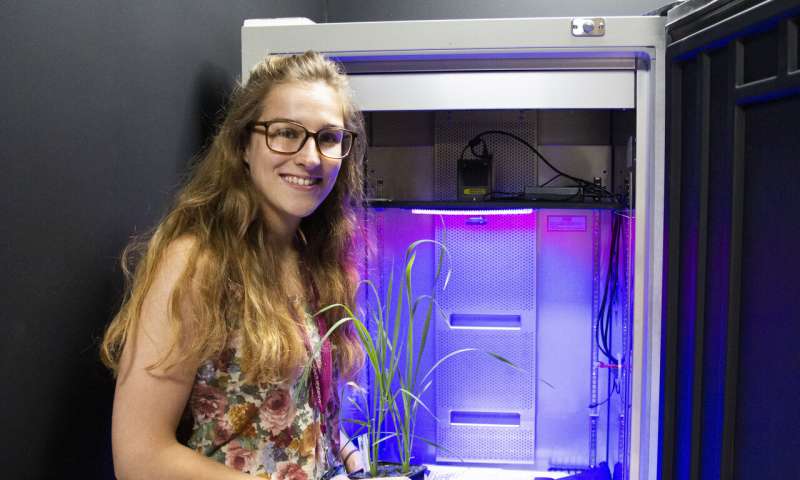
Plants have the same variation in body clocks as that found in humans, according to new research that explores the genes governing circadian rhythms in plants.
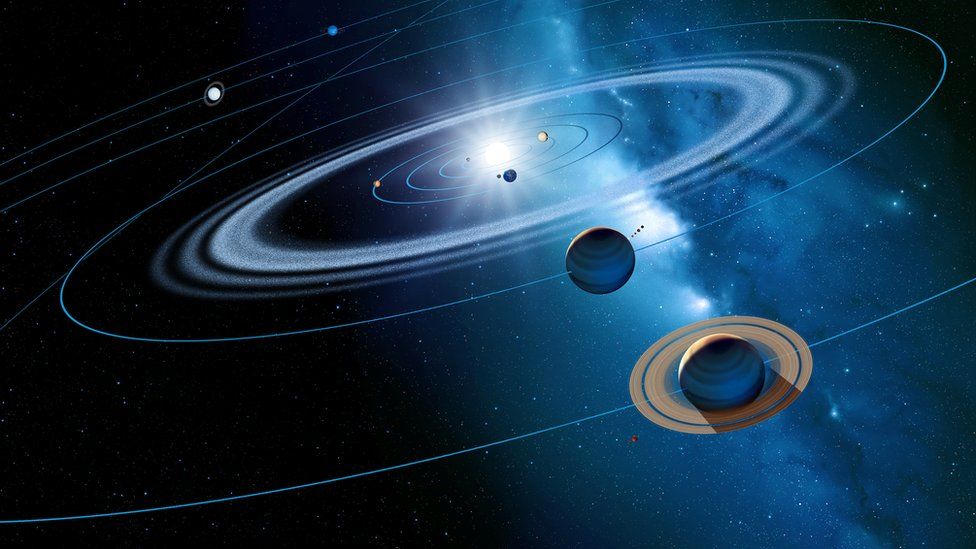
A very rare, once-in-a-lifetime celestial event will shine brightly in the sky on Monday evening - weather permitting, of course.
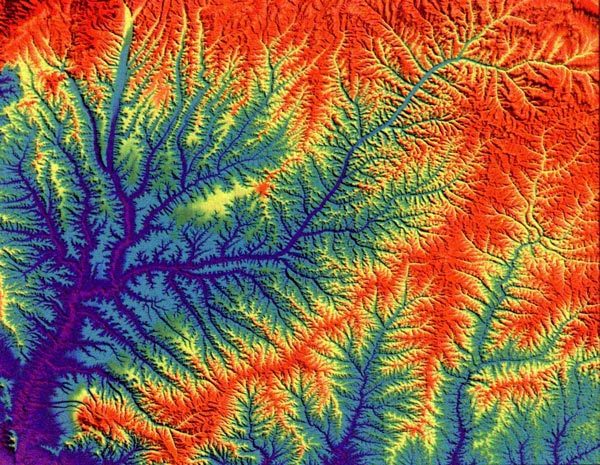
Like listening to music, something is calming about being outdoors, and it might have to do with how we see and perceive natural patterns.
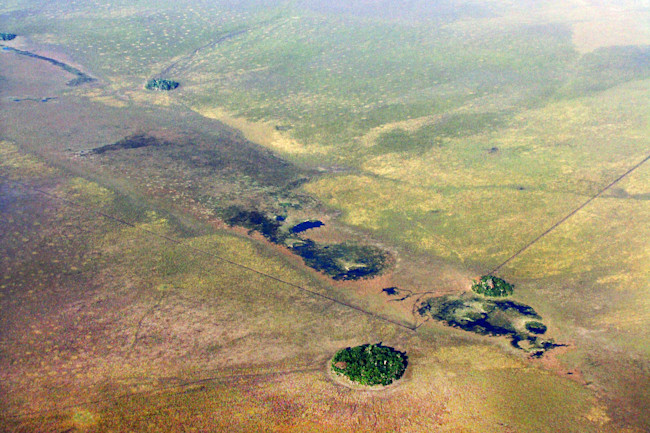
Researchers say that these trees are evidence of early crop cultivation by ancient humans in Amazonia.
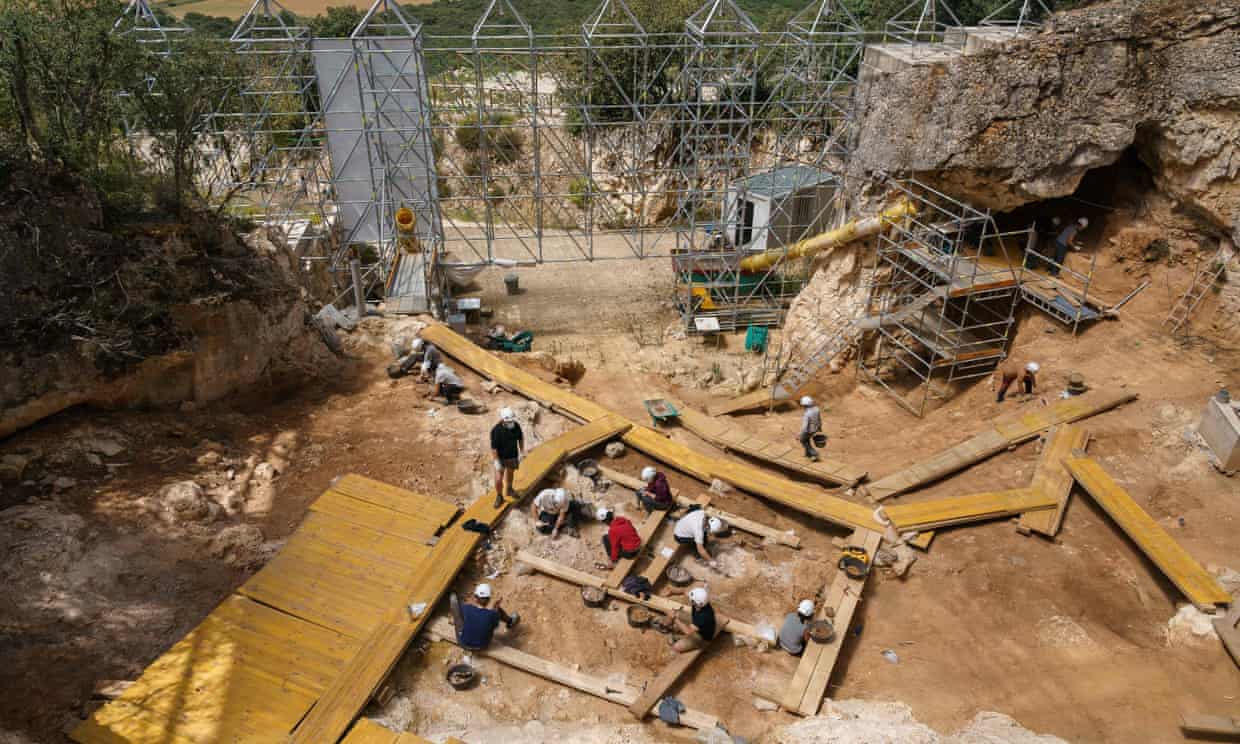
Bears do it. Bats do it. Even European hedgehogs do it. And now it turns out that early human beings may also have been at it. They hibernated, according to fossil experts.
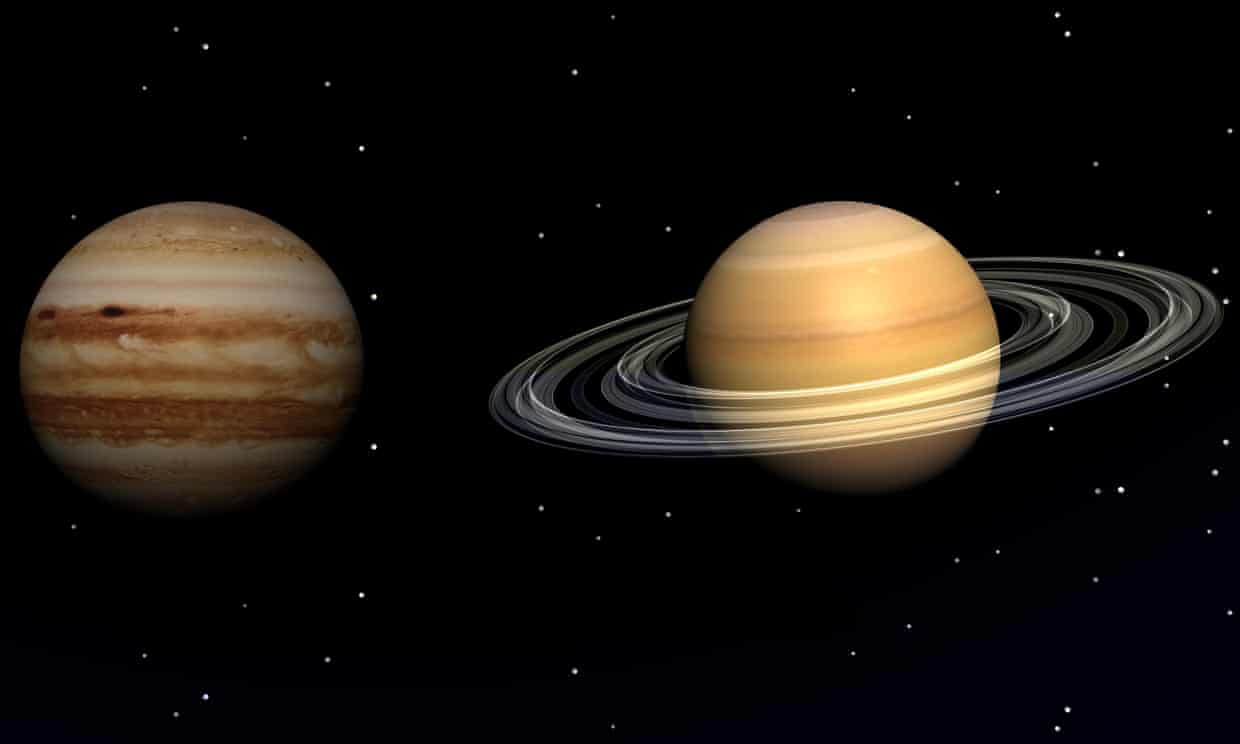
Astronomers are gearing up for a heavenly spectacle when Jupiter and Saturn huddle closer together in the evening sky than they have for nearly 400 years.

US chemists have modified the active substance in a sometimes deadly traditional African medicine to make a safer potential treatment for addiction.

Brazil's Congress is about to vote on a policy that would legalize mining and other industries in the rainforest, whilst denying indigenous people the right to object.
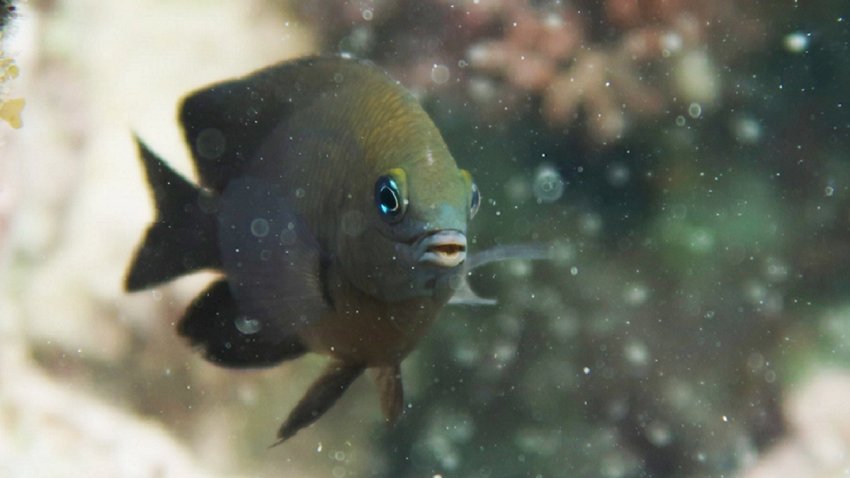
Researchers have discovered that a species of coral fish uses shrimp to help fertilise its algae farms, which, they suggest, is the first evidence of a non-human vertebrate domesticating another species.
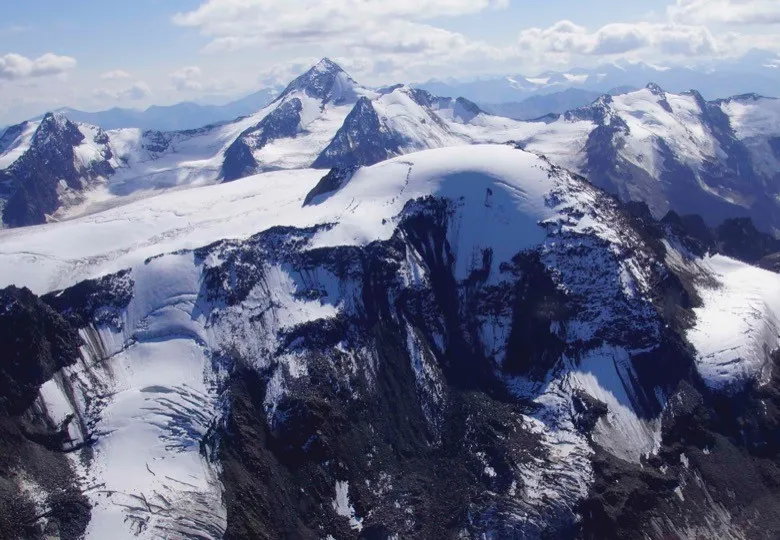
Ötzi the Iceman, a Copper Age wanderer found mummified in the Alps nearly three decades ago, may have lived at a time when the glaciers were advancing down from the highest peaks to the lower slopes of the mountains.
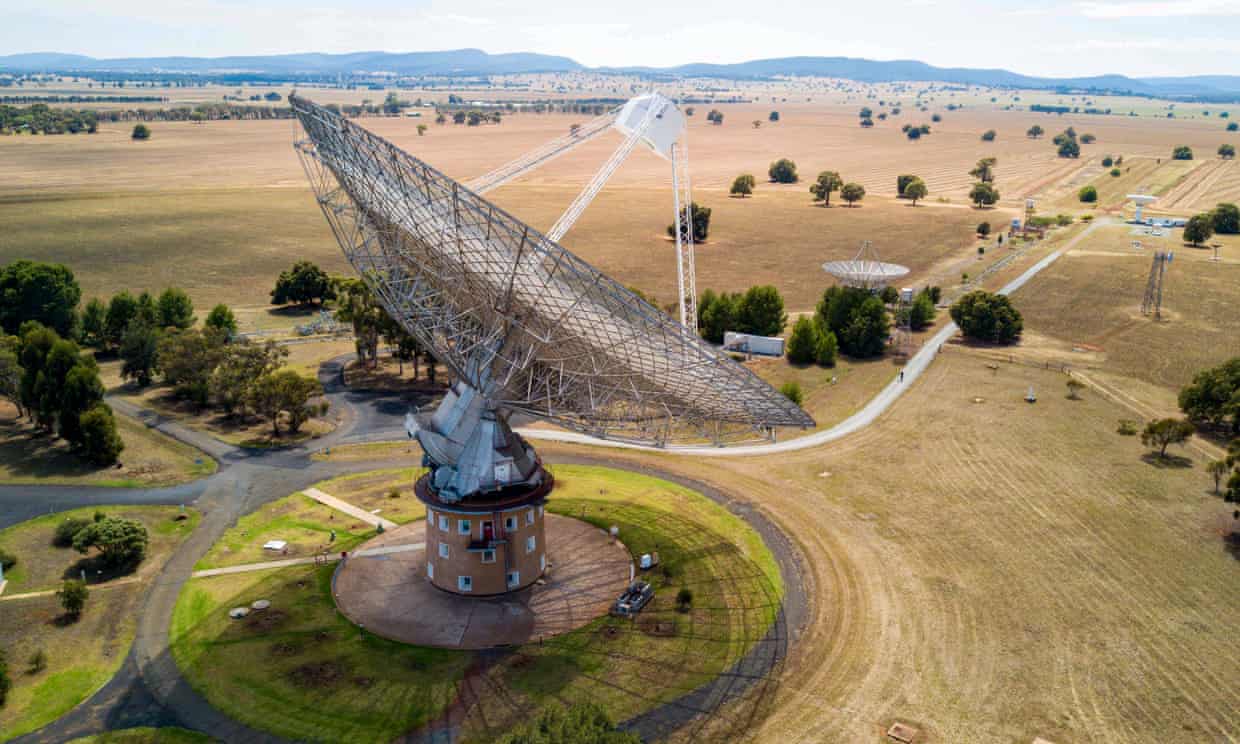
Astronomers behind the most extensive search yet for alien life are investigating an intriguing radio wave emission that appears to have come from the direction of Proxima Centauri, the nearest star to the sun.

Ancient Egyptian legends tell of a magical faraway land where intrepid travelers could obtain wondrous products including gold, frankincense, and myrrh

Scientists have been greeted by the sight of jet black chunks of rock and soil from an asteroid after opening a capsule that returned from deep space a week ago.

A landmark study led by the University of Aberdeen has provided the clearest ever picture of ancient weather patterns in Europe—and could improve models used to predict how climate change will affect the Continent in future.
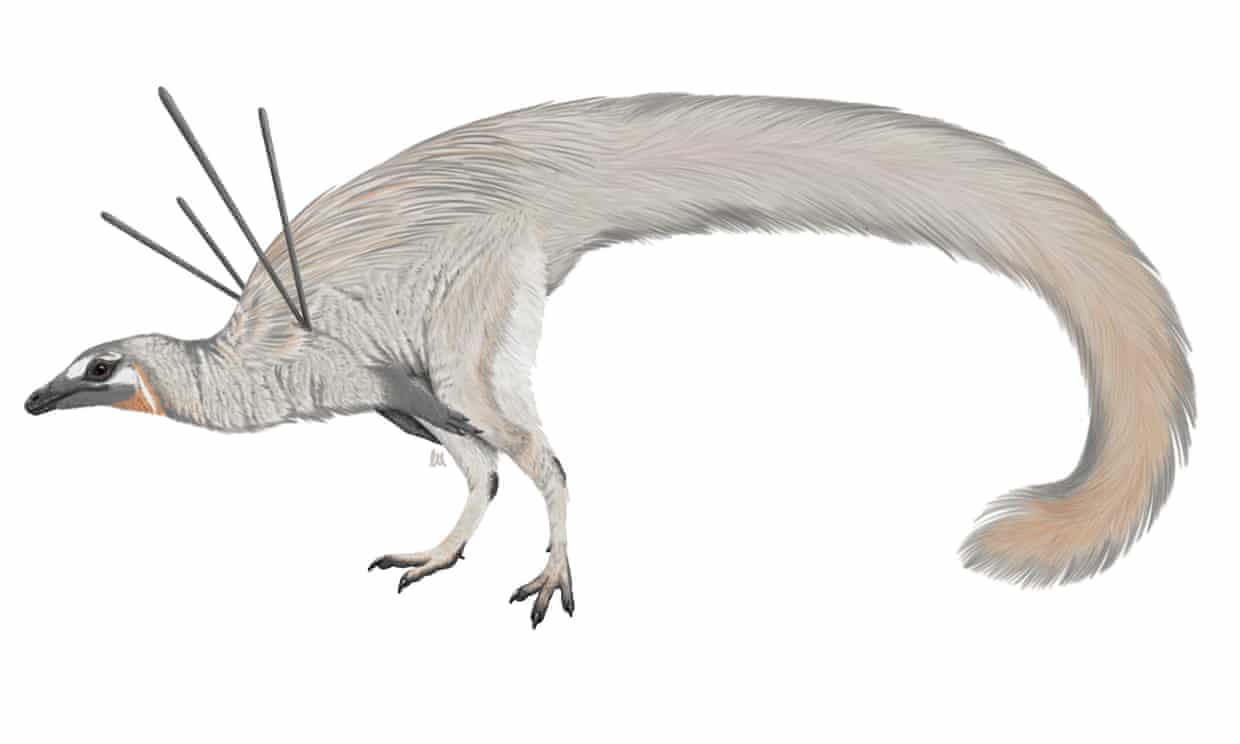
About 110 million years ago along the shores of an ancient lagoon in what is now north-eastern Brazil, a two-legged, chicken-sized Cretaceous period dinosaur made a living hunting insects and perhaps small vertebrates like frogs and lizards.
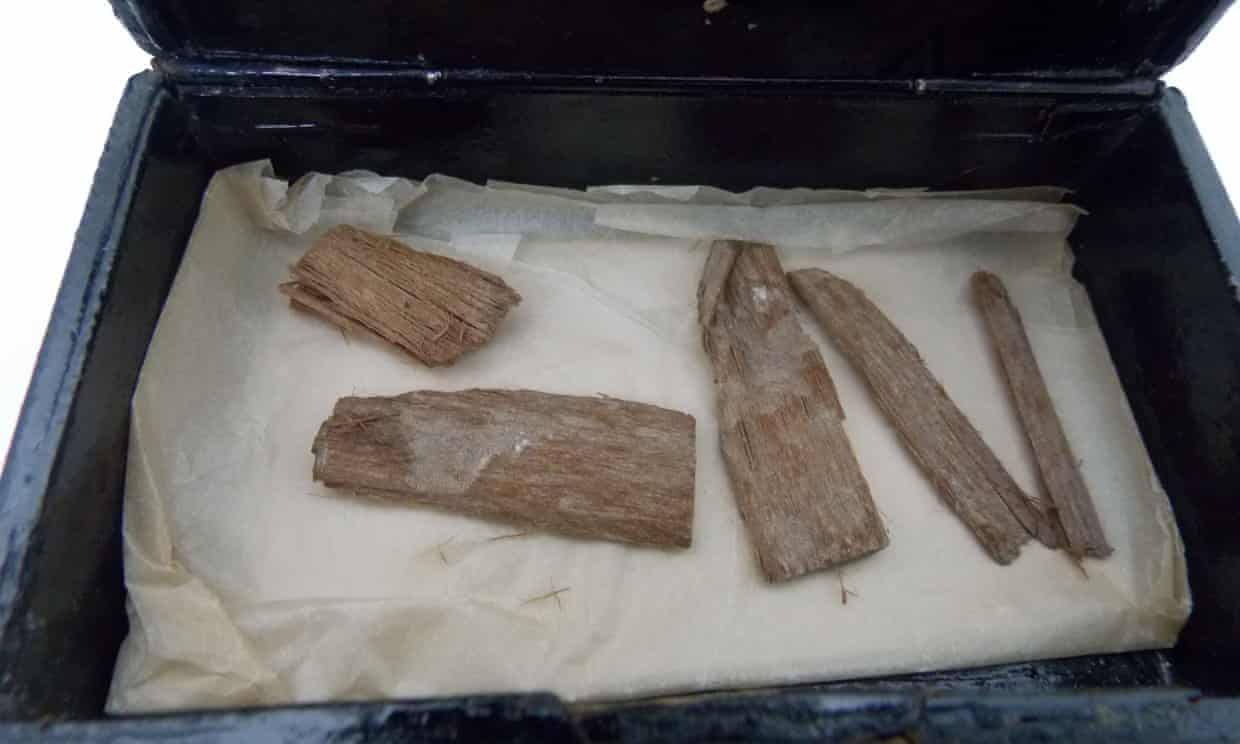
A lost artefact from the Great Pyramid of Giza, one of only three objects ever recovered from inside the last remaining wonder of the ancient world, has been found in a chance discovery at the University of Aberdeen.

Some 9,000 years ago, corn, as it is known today, did not exist. Ancient peoples in southwestern Mexico encountered a wild grass called teosinte that offered ears smaller than a pinky finger with just a handful of stony kernels.

Scientists are grappling with the question of what biological role DMT plays in the human body.

Archaeologists in Israel have discovered an ancient altar honoring the Greek god Pan, the deity of flocks and shepherds, but whoever inscribed it botched the job.
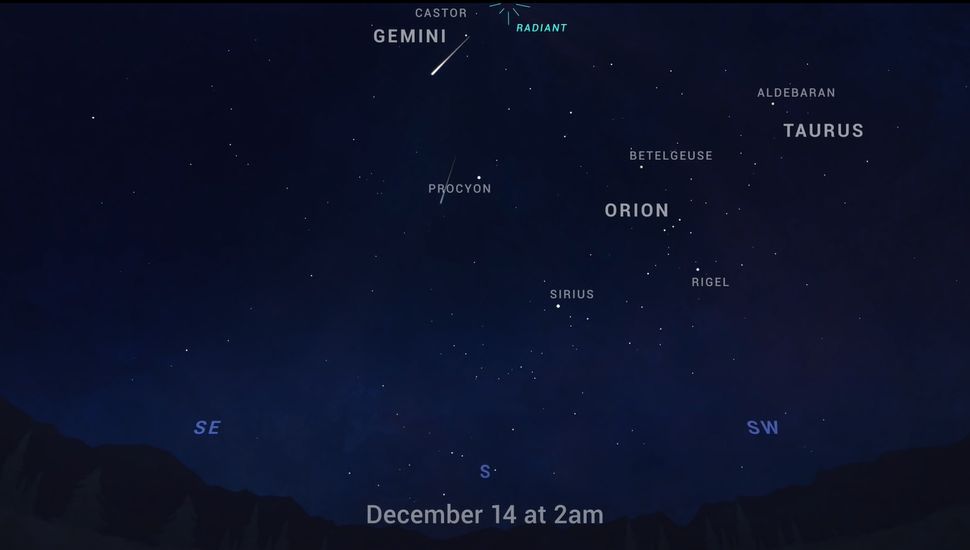
Billed as the best meteor display of the year, the Geminid meteor shower will be at its most active late tonight and early Monday (Dec. 13-14).
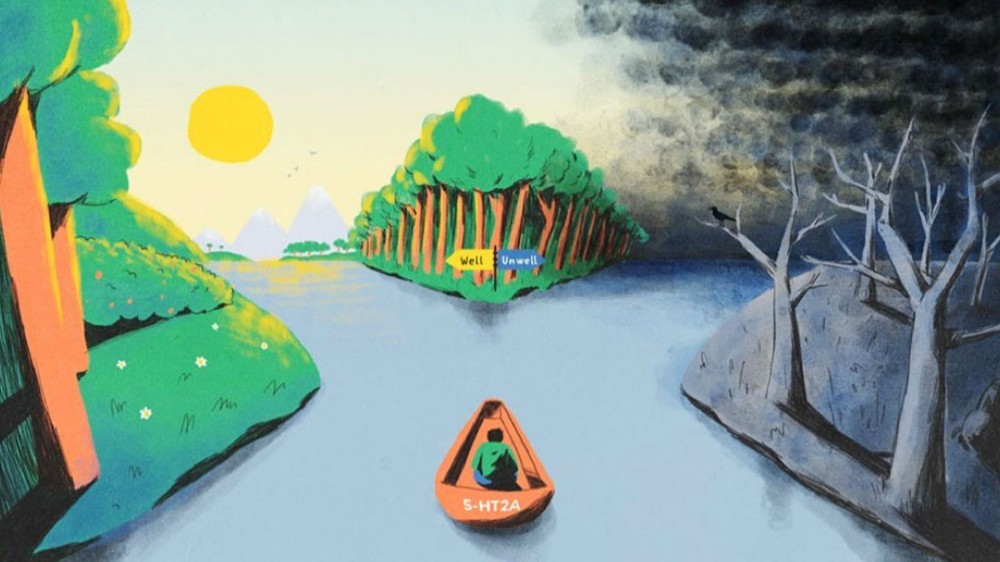
The “pivotal mental state” is described in a mind-blowing new scientific paper that looks at how drugs can reroute people out of psychological dead ends.
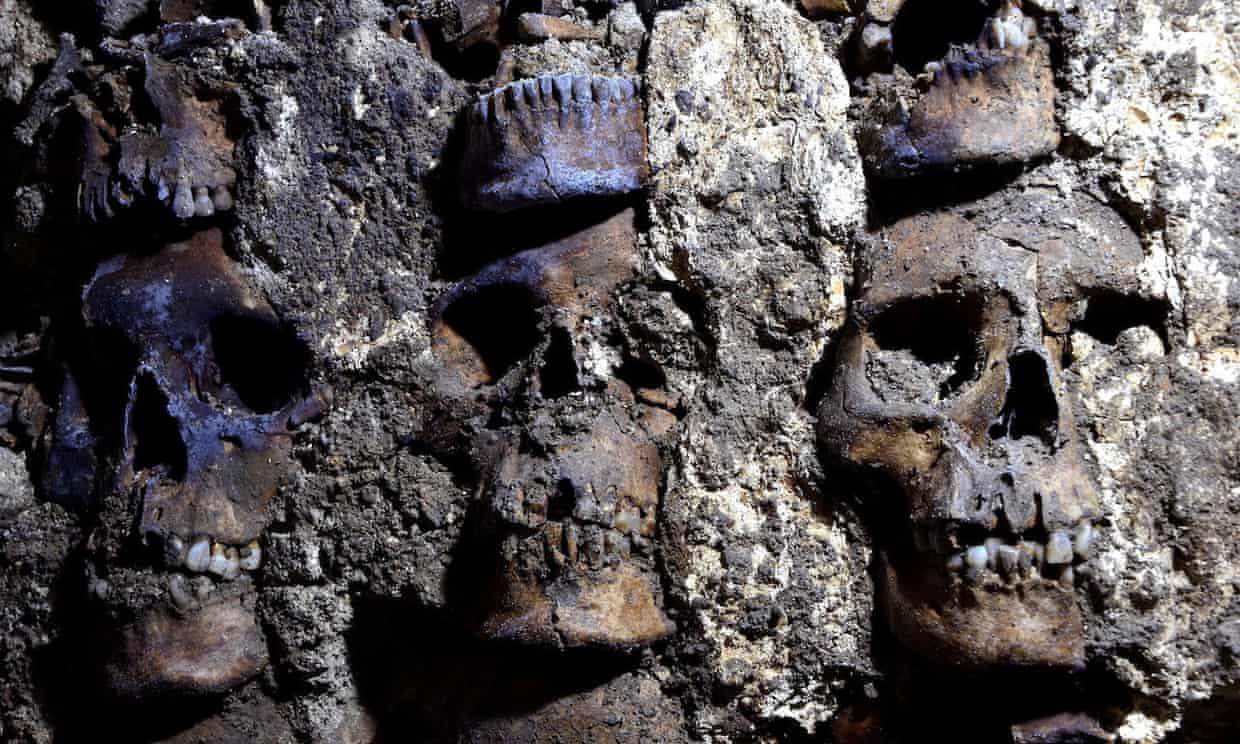
Archaeologists have unearthed new sections of an Aztec tower of human skulls dating back to the 1400s beneath the center of Mexico City.

UK regulators have given the go-ahead for the first clinical trial of the use of the psychedelic drug dimethyltriptamine (DMT) to treat depression.
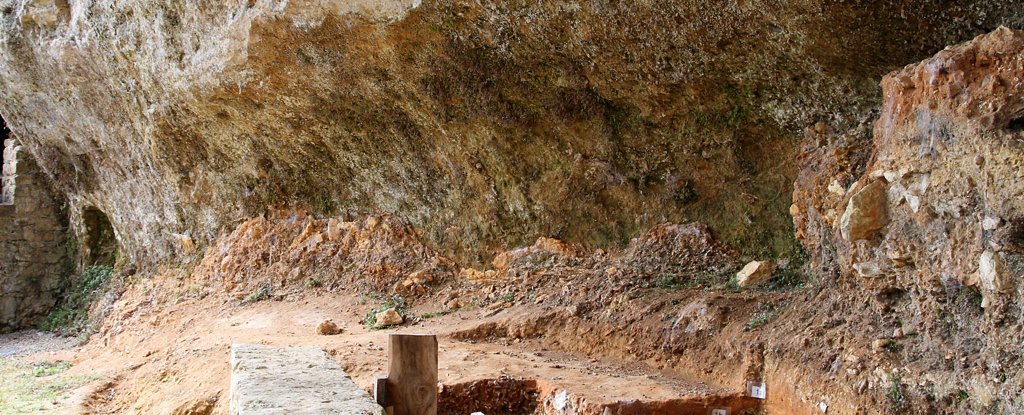
We don't know whether it was a boy or a girl. But this ancient child, a Neanderthal, only made it to about two years of age.

While serving a 90-year prison sentence for selling marijuana, Richard DeLisi's wife died, as did his 23-year-old son and both his parents.

Research certainly suggests they’re self aware.
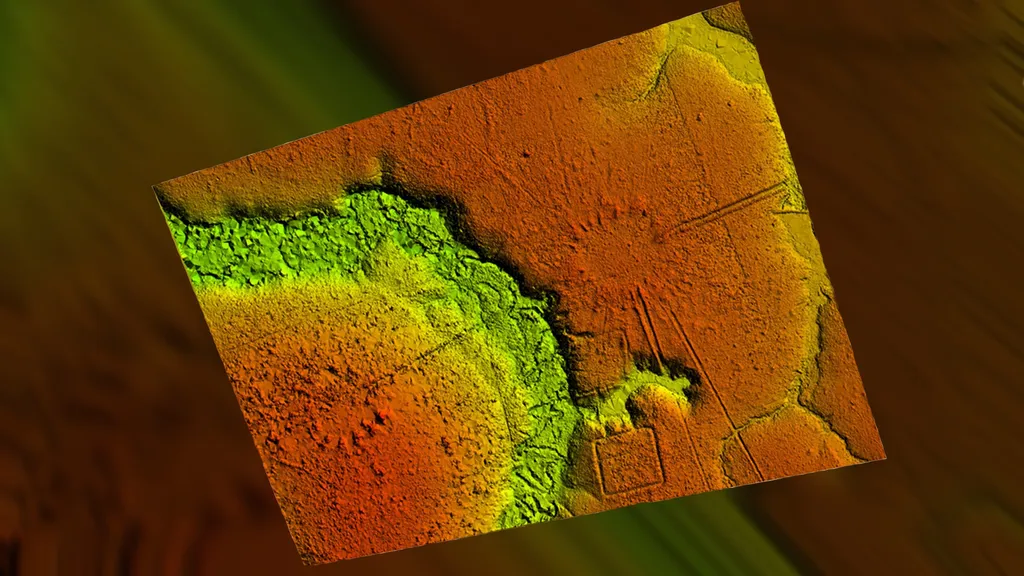
Billions of lasers shot from a helicopter flying over the Brazilian Amazon Rainforest have detected a vast network of long-abandoned circular and rectangular-shaped villages dating from 1300 to 1700, a new study finds.

A fleet of missions is spreading across the Solar System to investigate our neighbours for signs of life. Here’s what they are looking for.
Image from Solar system.jpg (Wiki Commons)

A new study co-authored by Yale researcher Advait M. Jukar suggests that the persistence of mammalian megafauna in the Indian Subcontinent is related to the great beasts' long coexistence there with homo sapiens and other human ancestors.
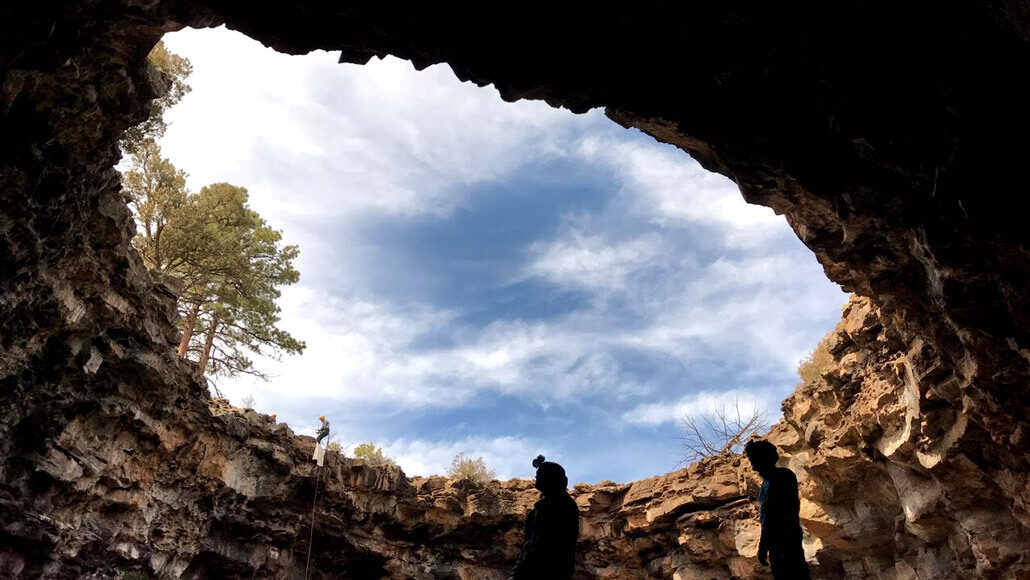
During a parched summer almost 2,000 years ago, people living in what is now western New Mexico crawled into the cold, dark belly of a volcanically formed cave to melt the frozen water at its heart.
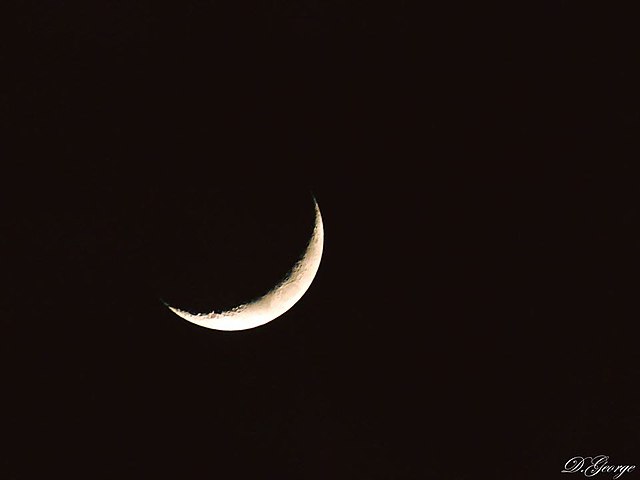
A slender, waning crescent moon will slide past the brilliant jewel of Venus in the pre-dawn sky.
Image from Dynamite16 (Wiki Commons)

Sparrows use medicine just like humans to help protect their offspring from parasites, research has confirmed.
Image from Wiki Commons
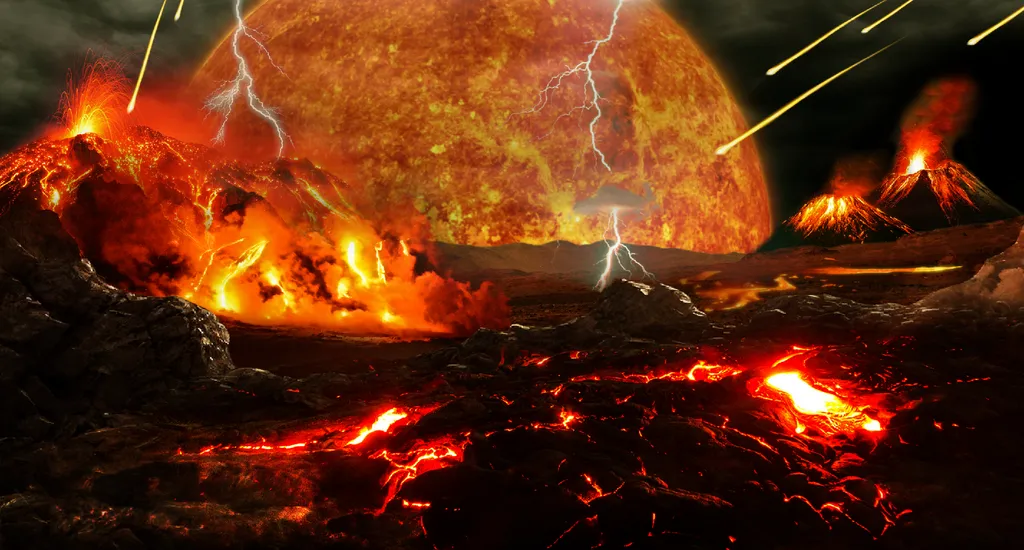
When Earth was just a wee young thing, it birthed many new continents — then it swallowed them all up, leaving just a few traces behind, a new study shows.

Human beings tend to be fascinated with their beginnings. Origin stories are found across cultures, religions, ethnicities and nationalities — and they are all deeply important. These stories tell people where they come from, how they fit in and how everyone fits together.

Unpublished notes show he believed ancient structures held key to the apocalypse
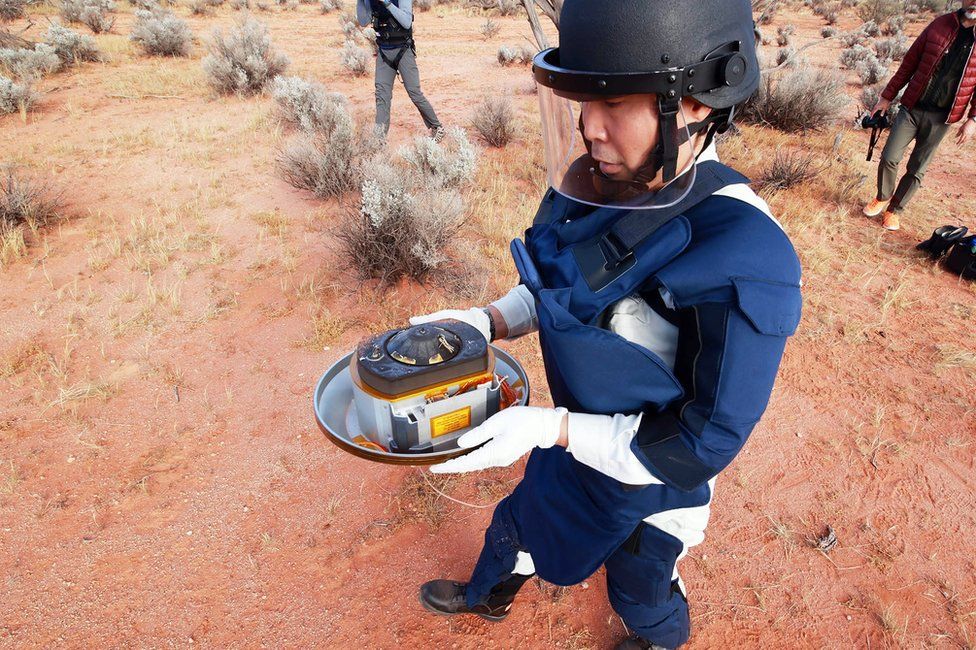
A capsule containing the first significant quantities of rock from an asteroid is in "perfect" shape, according to scientists.
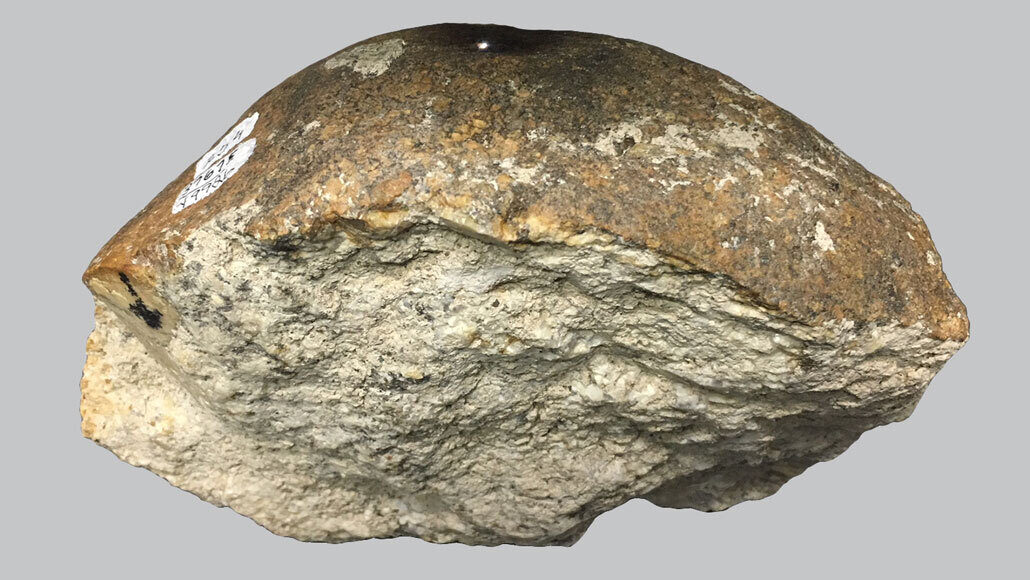
Microscopic bone residue on rocks possibly used to smash mastodon remains draws new scrutiny.

A United Nations commission has voted to remove cannabis from a list that categorized it as one of the most dangerous drugs -- a move that recognizes the plant as having medicinal value.

After 40 years of U.S. - backed anti-drug policy that criminalizes the coca leaf, Marulanda and a group of members of congress want to change tack.
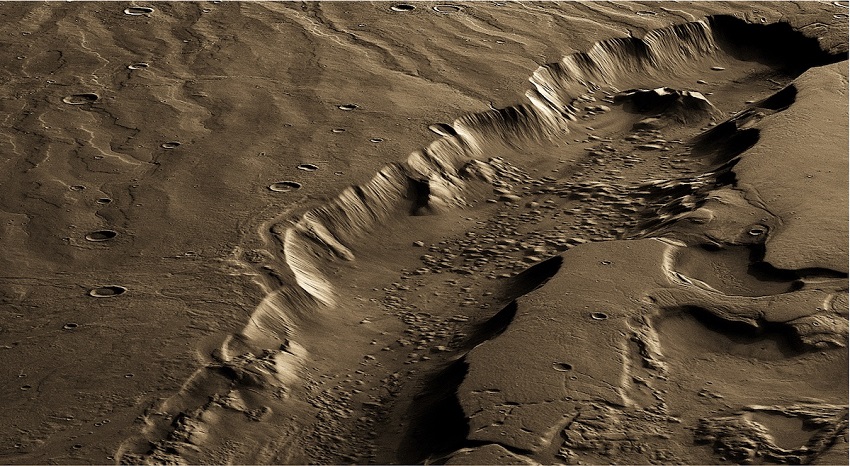
Rather than flowing across its surface during a warm, wet phase early in its history, the water that carved the river channels on Mars may have come from beneath thick ice sheets that slowly melted under the influence of heat escaping from the planet’s interior, scientists say.
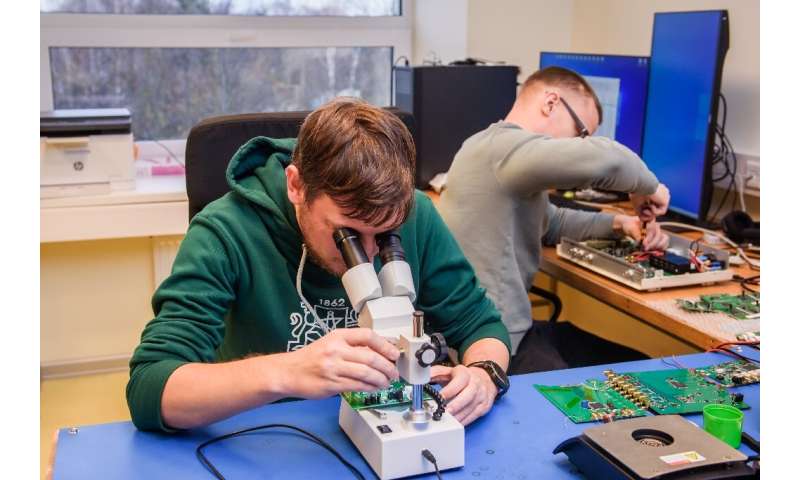
In a corner of the campus at Riga Technical University, a team of scientists is working on technology that could one day stop asteroids from smashing into Earth.
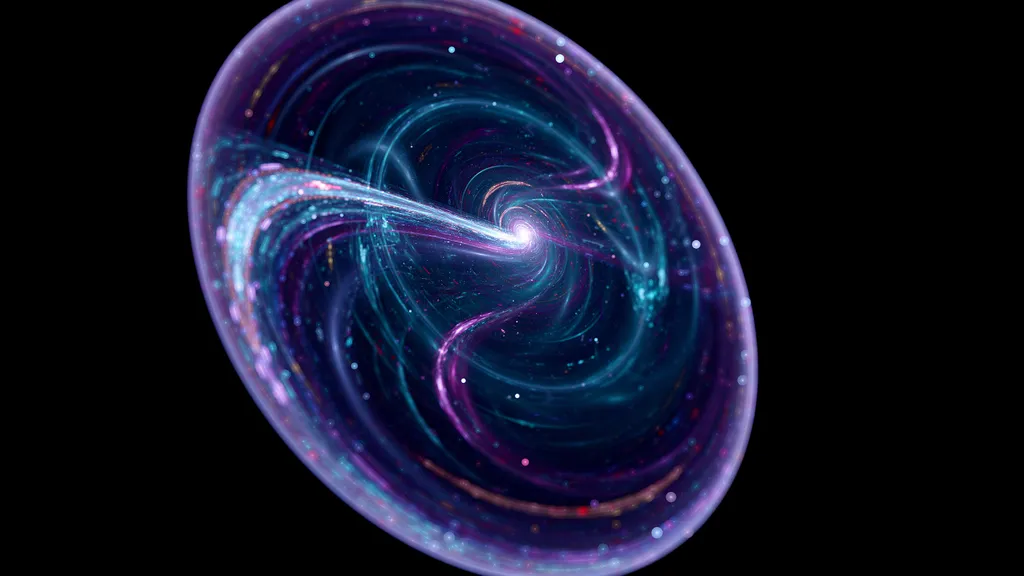
Black holes are, by far, the most mysterious objects in the universe. They are objects in the cosmos where all of our knowledge of physics completely breaks down.

In 2002 Professor Alceu Ranzi (Federal University of Acre) and Prof. Martti Parssinen (University of Helsinki) decided to form an international research team to study large geometric earthworks, called geoglyphs, at the Brazilian state of Acre in South-western Amazonia.
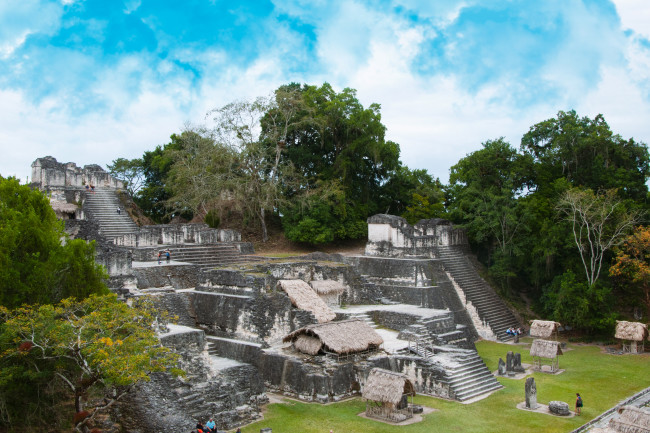
Elaborate water and irrigation systems, overlooked for decades by archaeologists, are getting their due.
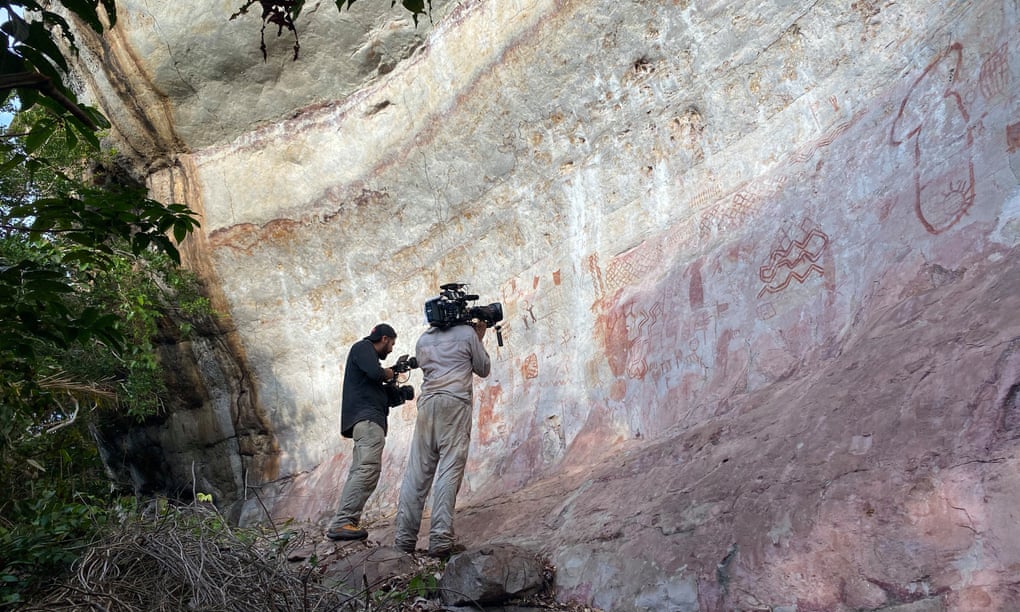
Tens of thousands of ice age paintings across a cliff face shed light on people and animals from 12,500 years ago
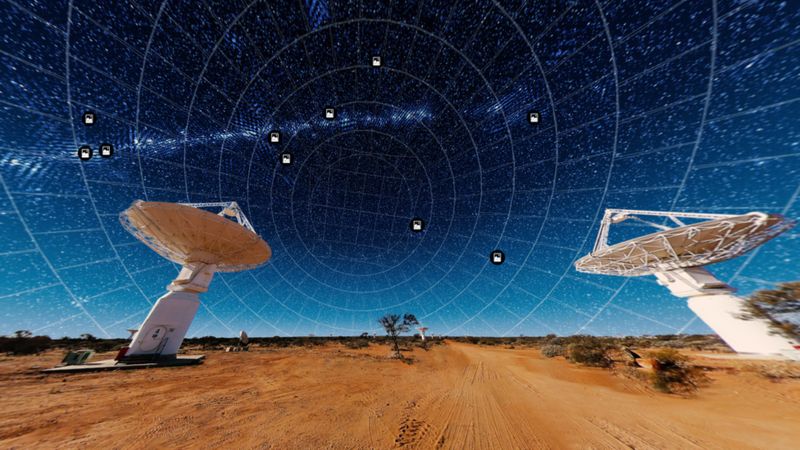
The CSIRO, the national science agency, said its new telescope had created "a new atlas of the universe" in record time - showing unprecedented detail.




